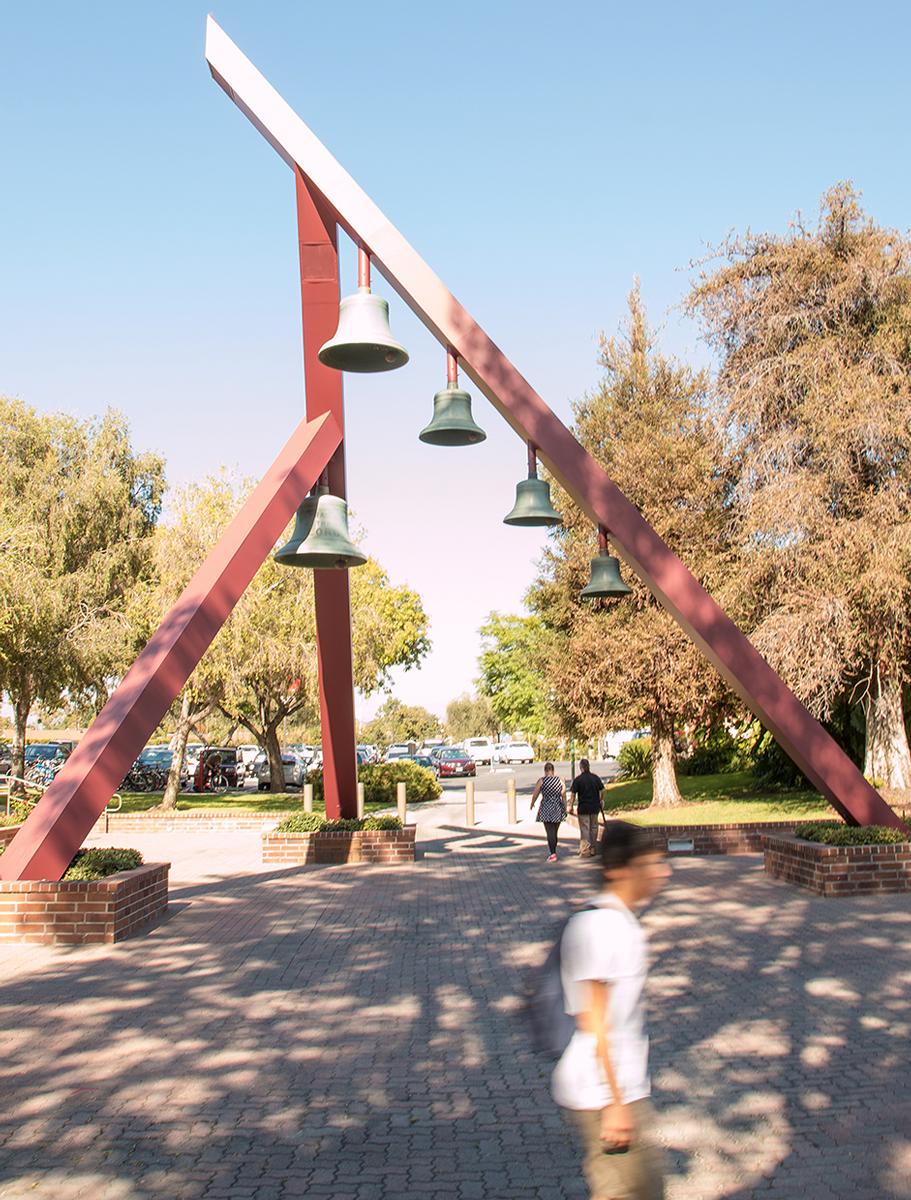“As a student, I’m constantly juggling commitments. Since Biola feels a lot like a church, I don’t really see the need to spread myself thin by investing both in a local congregation and in the Biola community. After all, Biola sort of counts as church, right?”
These sentiments are common on Biola’s campus today. I know I have felt them myself. But are they accurate? Does Biola really count as church? Nine of my buddies and I got together to explore these questions, and we came up with some ways that Biola and the local church differ.
Biola feels like a church to us because both institutions are populated by the church — meaning the universal body of God’s people. This does not make a church. It makes an excellent gathering of Christians.
We believe there exists one essential, all-important difference between Biola University and a local Christian church — Biola is an institution of man, while a church is an institution of God.
As a man-made institution, Biola and its authorities answer to the donors, the board members, and the families of students. The elders of a local church answer to God alone.
This has important implications for church discipline. Because of his spiritual authority over me, my pastor has the right and the responsibility to discipline me for any sin in my heart. Biola can only rightfully discipline me for my outward behavior.
By its very nature, Biola cannot fulfill all the duties of a local church. A church’s doors open to all who would hear the word of God; Biola welcomes to all with a certain income and GPA. My local church family is a group of people who by nature of their membership in the congregation have committed to bearing one another’s burdens in times of tragedy and need. The way God designed the local church, my pastor will be held accountable for the way he’s shepherded my church family just as I will be held accountable for the way that I have fulfilled my own duty to them. Though I am called to love all men, this same degree of personal duty does not extended to my Biola community.
Additionally, Paul gives much attention in his pastoral epistles to the various roles and relationships within a church, focusing especially on age and gender. Many of these are simply not possible at Biola where relationships are governed by such distinctions as student and teacher, faculty and staff, and employee and boss.
So, Biola is not a church. But still, as long as it meets most of my spiritual needs, why should I join a local congregation?
On one level, church is life-giving and valuable by itself. It provides a place where I can worship and commune with believers of all ages, all giftings and all walks of life.
But church, at its core, is not about what I get from it — though my expensive degree from Biola is. I go to church because, as a regenerate Christian born again into the body of Christ, it proves fundamentally natural and necessary that I do so.
We each have a God-ordained responsibility and need to commit to a local church. I, and the universal church as a whole, will always be better off if I take this wonderful calling seriously.







